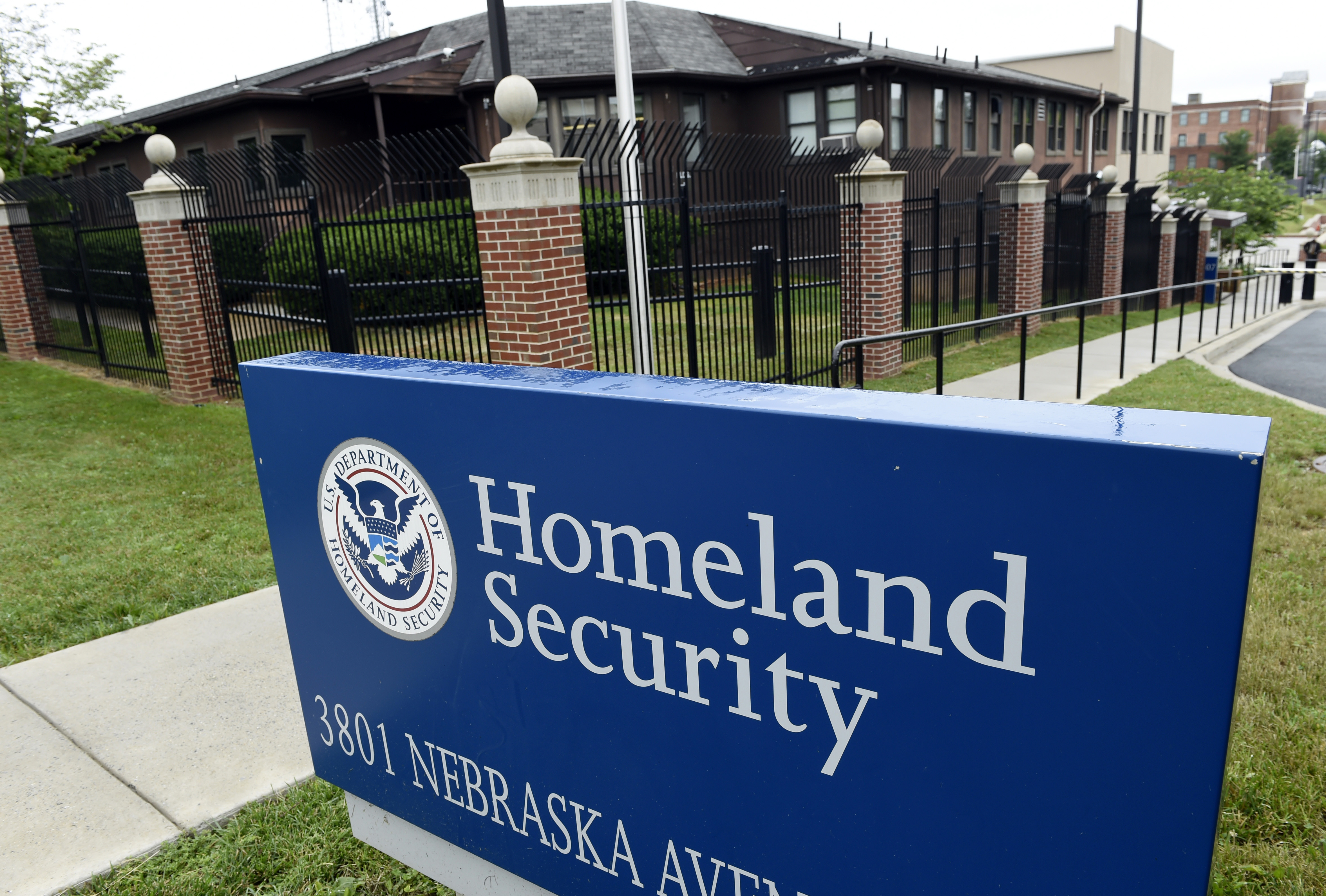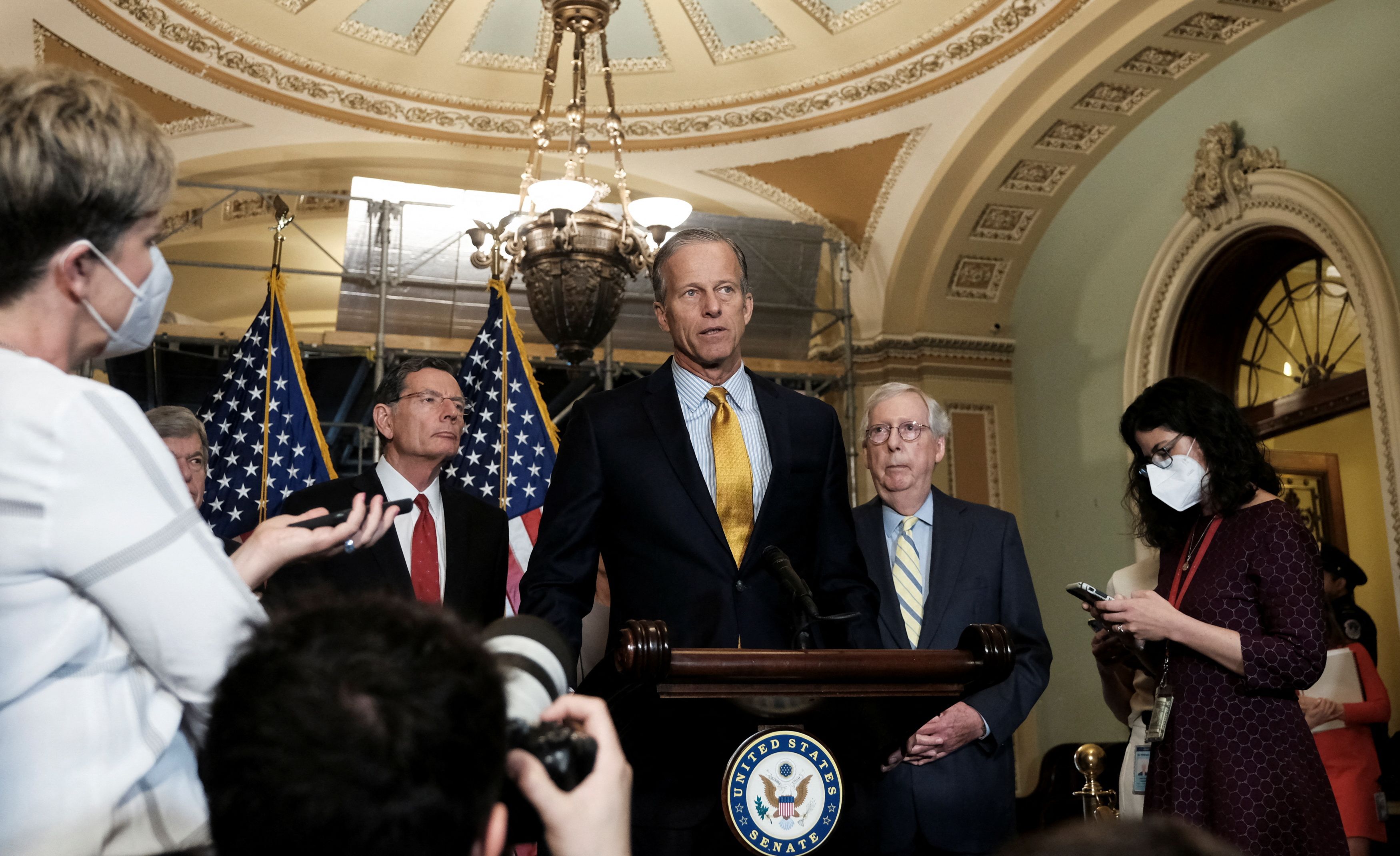Unqualified Leadership Raises Alarming Questions
The appointment of Thomas Fugate, a mere 22-year-old Donald Trump superfan, as the director of the DHS Center for Prevention Programs and Partnerships has sent shockwaves through the community of civil rights advocates and national security experts alike. His lack of law enforcement experience in a role critical for countering a 357% increase in domestic terrorism incidents from 2013 to 2021, as detailed by the GAO, raises urgent concerns about the capability of the Department of Homeland Security (DHS) to effectively address this escalating crisis.
Community-Based Approaches Under Threat
Fugate’s ascendance to such a pivotal role is especially troubling given the established research recommending community-based terrorism prevention programs that involve close coordination with affected populations. According to a report from the National Institute of Justice, these programs must employ a “whole-of-society” approach to be effective. However, appointing a young ideologue with no substantial experience in community engagement or law enforcement could significantly undermine these efforts.

DHS has a program gathering domestic intelligence — and ...
Political Ideology Over Expertise
Fugate’s appointment exemplifies a troubling trend where political loyalty supersedes qualifications in crucial governmental roles. The implications of this are stark: as the Biden administration seeks to move past the traditional Countering Violent Extremism (CVE) framework towards more nuanced strategies, a leadership vacuum filled by individuals with thin resumes and heavy partisan ties could derail progress. The new national strategy for countering domestic terrorism, as discussed in the DHS media release, emphasizes the importance of collaboration with community leaders, something Fugate’s background does not support.
Empowerment and Trust Erosion
The erosion of trust between marginalized communities and federal law enforcement is a critical issue. As the GAO report indicates, effective counterterrorism strategies must be built on trust and cooperation. Yet, Fugate’s appointment risks alienating the very communities that need to be engaged to prevent radicalization. This is particularly concerning when considering the disproportionate impact of domestic terrorism on communities of color and the ongoing struggles for civil rights. Vulnerable populations may feel further disenfranchised by a leadership that reflects a political agenda rather than genuine concern for their safety and rights.

U.S. Senate Republicans block bill to battle white supremacy ...
Future of Democracy at Stake
This appointment is not merely an administrative oversight; it represents a broader threat to democratic governance. The intertwining of partisan politics with critical security roles undermines the integrity of our democratic institutions. A focus on loyalty rather than capability can lead to disastrous outcomes, including increased violence and destabilization within our society. The stakes are high as we face a surge in extremist violence, and it is imperative that leadership in these domains reflect the expertise necessary to navigate such complex challenges.



![[Video] Gunfire between Iraqi security forces and Sadr militias in Baghdad](/_next/image?url=%2Fapi%2Fimage%2Fthumbnails%2Fthumbnail-1768343508874-4redb-thumbnail.jpg&w=3840&q=75)
